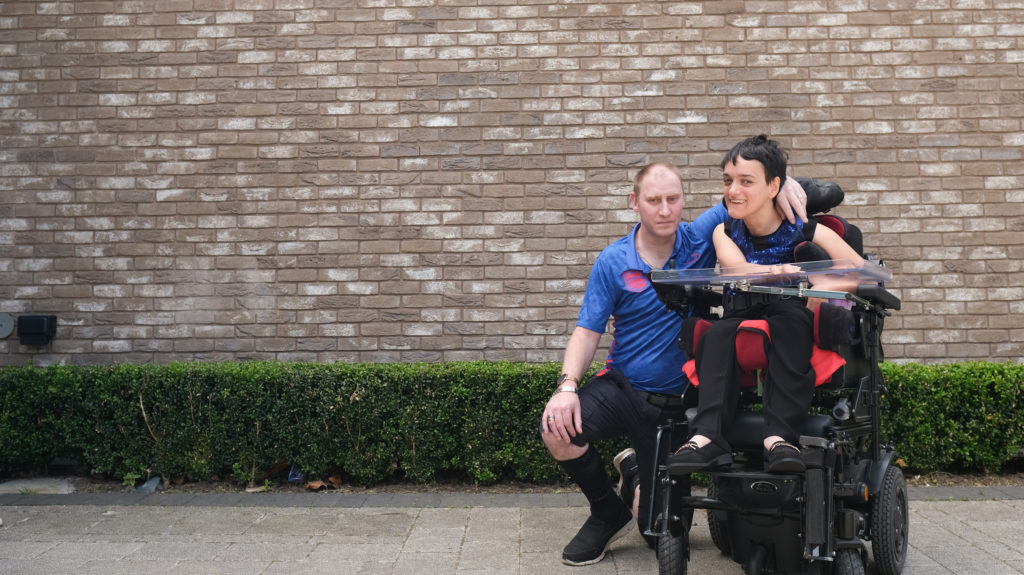None of the cost of living support announced by the government goes far enough for disabled people
The cost of living crisis has been dominating headlines for months now. At Sense, we launched our campaign demanding that the government do more to tackle the crisis back in June. All this time, we’ve been waiting to hear the government’s plan for dealing with rising prices.
Now we have it. First came the announcement about the energy price cap at the start of September. Then came today’s mini-budget from the new chancellor, Kwasi Kwarteng. Unfortunately, none of the measures announced go far enough to support disabled people who are in crisis.

Why disabled people are more affected by the cost of living crisis
Price rises have affected everyone. But disabled people, and particularly those with complex disabilities, have been disproportionately affected. Research carried out by Sense in June found that half of disabled households are in debt.
Three in five family carers for disabled children or adults have faced difficult decisions such as choosing between heating and eating.
Even before the crisis, disabled people faced extra costs for things like specialist equipment or products, and the cost of running that equipment. Rising prices have only made these financial pressures worse.
Will the new “energy price cap” help disabled people and their families?
Energy is a major cost for many disabled people. As Keith, whose son Geordie has complex disabilities, says: “One of our biggest expenses is electricity. Geordie is partially sighted. Natural lighting causes glare, so we often have to have lights on more. We’re constantly using electricity.”
If you heard the prime minister’s announcement about the price cap earlier this month, you might have heard her say that the ‘typical’ bill won’t go above £2,500 a year. If disabled people have higher energy bills, you might have thought, then surely they will stand to benefit the most?
Unfortunately, no.
“Something that disabled people on benefits urgently need is for their benefits to increase in line with the rate of inflation. The mini-budget did nothing to address that.”
That’s because the price cap doesn’t actually set a limit on your bills. Instead, it caps how much you pay for each ‘unit’ of electricity you use.
The £2,500 figure is just an estimate based on average energy usage. The cap doesn’t change the fact that, the more you use, the more you pay. And there’s no limit on how high your bill will be.
Sadly, the price cap won’t do much to help disabled people. Too many disabled people will face unaffordable bills – and the cap does little to change that.
What support has the government announced in their mini-budget?
What about today’s mini-budget, then? Has that given disabled people the support they need to deal with rising prices?
Again, the answer is no. The government announced no new support for disabled people.
Even the tax cuts announced today won’t benefit disabled people who aren’t in work.
Something that disabled people on benefits urgently need is for their benefits to increase in line with the rate of inflation. The mini-budget did nothing to address that.
What do disabled people need?
If the energy price cap and the mini-budget won’t help disabled people, then what will?
Earlier this year, Sense launched a petition calling for:
- Benefits to be urgently increased in line with inflation.
- Dedicated financial support for disabled people with higher energy needs.
- Targeted support for disabled children and their families.
So far, the government haven’t listened to all of us who have signed it. Add your name to it today if you agree that disabled people need more support than what the government has given so far.

